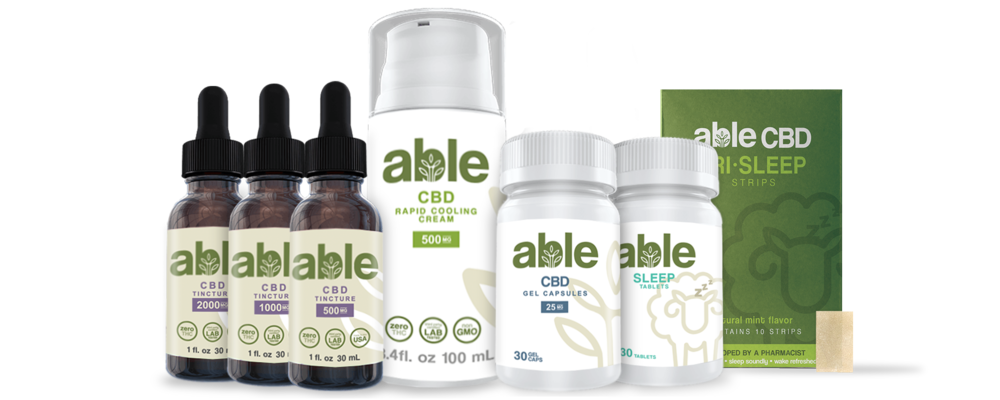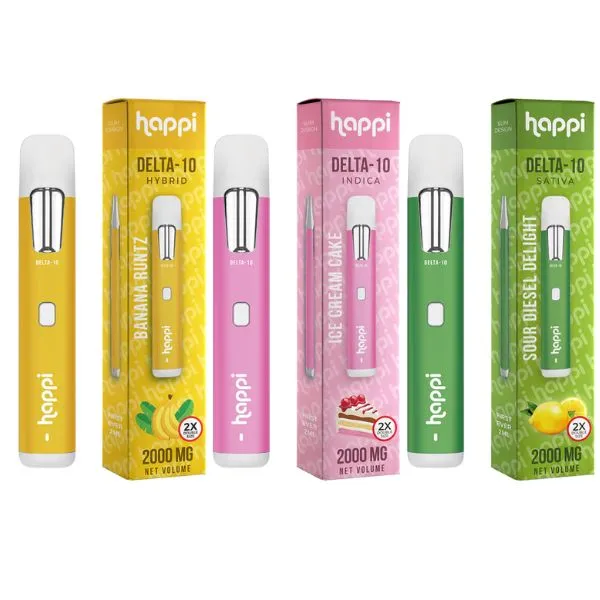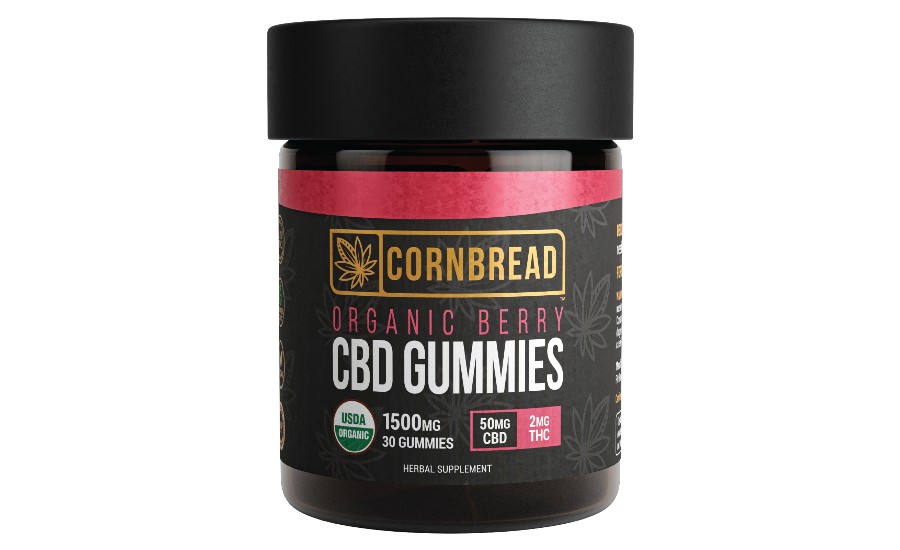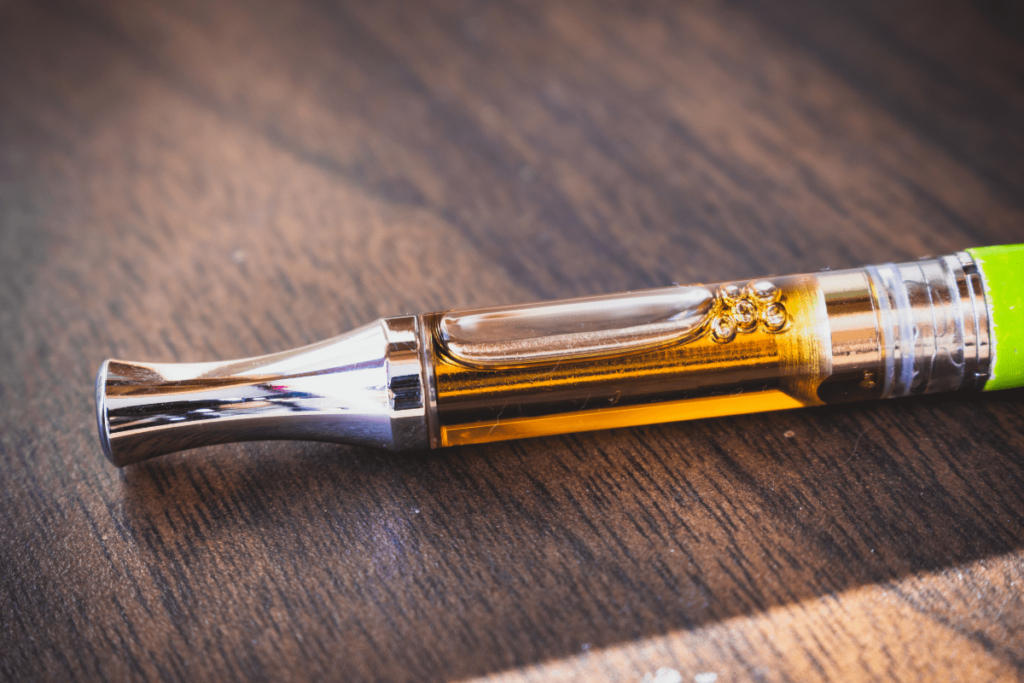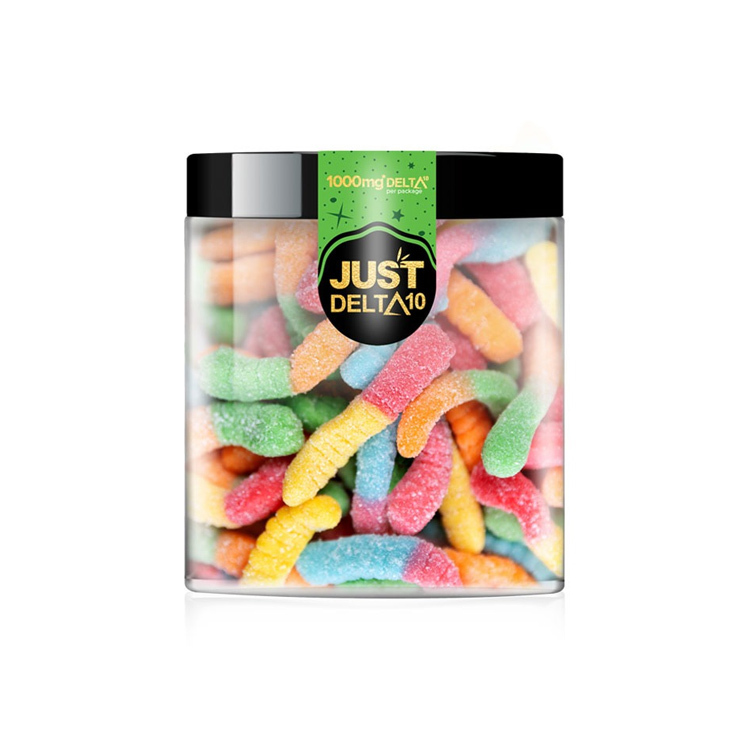Undecided on whether to consume CBD isolate oil or full-spectrum CBD oil? This article discusses what they both are, their benefits, and their drawbacks. Having this information will help you know which type of CBD oil to consume.
Due to the growing popularity of CBD, many people are embracing its potential health benefits. However, questions like ‘which No Cap Hemp Co Delta 10 THC products is best for me’ arise from the various CBD types. CBD contains various properties, such as anti-inflammatory and anti-oxidant properties, which help in pain relief and treating signs of aging, respectively. CBD exists in various products such as CBD oil, CBD face mask, and CBD capsules, making it possible to choose which product is best for you. The good thing about CBD products is anyone can use them. From patients, older people, and pets to fitness enthusiasts. Everyone can acquire the CBD benefits.
What Is CBD?
Burstein (2015) stated that CBD, also known as cannabidiol, is one of the over eighty compounds in the cannabis plant. The cannabis plant consists of the hemp plant and the marijuana plant. CBD infused in our daily products such as lotions, oils, and facemasks are extracted from the hemp plant since the hemp plant has low levels of THC. Tetrahydrocannabinol (THC) is a compound also found in the cannabis plant. It is the compound responsible for the high effect since it contains psychoactive effects.
Spindle et al. (2020) suggested that CBD exists in three types. Broad-spectrum CBD, Full Spectrum CBD, and CBD isolate. This article demystifies more on the CBD isolate oil and full-spectrum CBD oil.
What Is The Difference Between CBD Isolate Oil And Full Spectrum CBD Oil?
The difference between full-spectrum CBD oil and CBD isolate oil is their contents; the full-spectrum CBD oil has various cannabinoids of the hemp plant like essential oils, cannabinol, and terpenes. Full-spectrum CBD oil also has up to 0.3% THC; the compound is responsible for the high effect. The good thing about full-spectrum CBD oil is it can’t make you high since its THC levels are not strong enough to produce psychoactive effects.
On the other hand, CBD isolate is also known as pure CBD oil. As its name suggests, it only contains the CBD compound. It means that it does not contain the full entourage effect.
Benefits of CBD Isolate
CBD isolate is popular for its calming and therapeutic benefits. CBD isolate interacts with the body\’s endocannabinoid system (ECS) to trigger the brain\’s receptors to aid in restoring homeostasis, which is our body\’s natural balance. Homeostasis is important for our water content, body temperature, and more. Besides interacting with the ECS, CBD contains health benefits such as relieving pain and promoting quality sleep and muscle repair. All these are made possible by the anti-inflammatory properties of CBD.
CBD isolate does not contain THC; hence you can use it without fear of getting high. Abernethy (2019) stated that isolate CBD Sweets is federally legal according to the 2018 Farm Bill that was passed. However, in some states, it has banned the use of any CBD product, CBD oil being one of them. It is important to be aware of the rules in your state. The good thing about CBD isolate oil is that when you consume it, you can go about the rest of the day as normal since it is non-sedative.
CBD Isolate Oil Drawbacks
It surely has, no matter how hard it is to believe that CBD isolate oil has drawbacks. CBD isolate oil does not contain the full entourage effect since it does not contain other cannabinoids. You will miss the maximum benefits of other cannabinoids like THC and flavonoids. The entourage effect is made possible when other cannabinoids interact with CBD, giving the user maximum benefits.
The Best Time to Take CBD Isolate Oil
If you desire CBD’s calming and therapeutic effects and its long-term medical benefits without the effects of other compounds like THC, you should go for CBD isolate oil.
How to Take CBD Isolate Oil
CBD isolate is consumed in various ways. One way included consuming it sublingually. It means placing a few drops of the oil under the tongue. Then let it stay there for around thirty seconds before you swallow it. You can also add the oil to your favorite drinks to get its benefits. If you are facing pain in some part of your skin, you can apply it to that area, and you will acquire immediate relief. It\’s up to you to find out which way is the best for you.
Benefits of Full-Spectrum CBD Oil
Since the full spectrum oil has other cannabinoids, it contains the full entourage effects. Maayah et al. (2020) noted that some health benefits include nausea relief, anxiety alleviation, pain relief, and nutrient boost. According to studies, full-spectrum CBD oil has proven to be more powerful in pain relief than CBD isolate oil since it has the combined strength of THC and CBD.
Drawbacks of Full Spectrum CBD Oil
Full-spectrum Cannabidiol contains low THC levels since it is not fully refined. Due to this, it can make you a bit high and could even test positive for a drug test. In the UK, CBD is legal in products that do not have more than one milligram of THC.
What Time Is Full-Spectrum CBD Oil Better For You?
If you are familiar with types of CBD, you might find full-spectrum CBD oil better for you because of the full entourage effect.
How to Take Full Spectrum CBD Oil
Full-spectrum CBD oil has various forms, such as lotions, edibles, and creams. You can also consume it orally through capsules and tinctures. If you want to feel its effects on your skin, you can apply it topically, and it will provide you with relief to the targeted area.
Conclusion
Full-spectrum CBD oil has increased benefits than CBD isolate oil because of its full entourage effect. However, research is underway to confirm the potential benefits of both full-spectrum CBD oil and CBD isolate oil. Go for pure CBD oil if you want CBD oil with no psychoactive effect. Always purchase CBD oil from a reputable brand to acquire high-quality products since most CBD products are unregulated and have not been approved by the FDA yet. If you are a new CBD user, you should consult with your doctor first before taking it.
References
Abernethy, A. (2019). Hemp Production And The 2018 Farm Bill. US Food And Drug Administration.
Burstein, S. (2015). Cannabidiol (CBD) And Its Analogs: A Review Of Their Effects On Inflammation. Bioorganic & Medicinal Chemistry, 23(7), 1377-1385.
Maayah, Z. H., Takahara, S., Ferdaoussi, M., & Dyck, J. R. (2020). The Anti-Inflammatory And Analgesic Effects Of Formulated Full-Spectrum Cannabis Extract In The Treatment Of Neuropathic Pain Associated With Multiple Sclerosis. Inflammation Research, 69(6), 549-558.
Spindle, T. R., Cone, E. J., Goffi, E., Weerts, E. M., Mitchell, J. M., Winecker, R. E., … & Vandrey, R. (2020). Pharmacodynamic Effects Of Vaporized And Oral Cannabidiol (CBD) And Vaporized CBD-Dominant Cannabis In Infrequent Cannabis Users. Drug And Alcohol Dependence, 211, 107937.
- How to Store CBD Oil and Other Hemp Supplements - November 25, 2022
- How To Start CBD Oil Company - November 25, 2022
- How to Mask the Taste of CBD Oil - November 25, 2022

